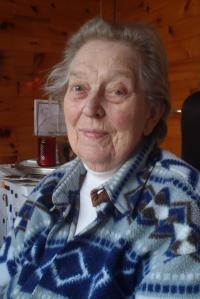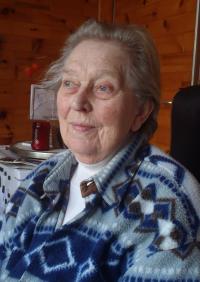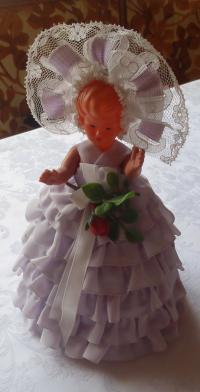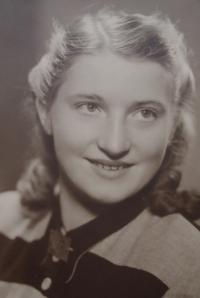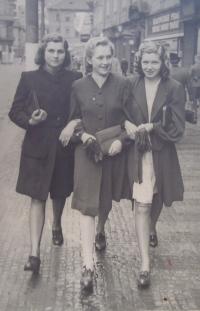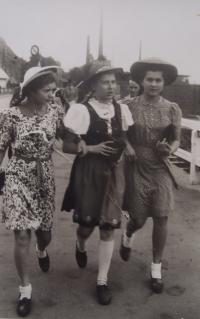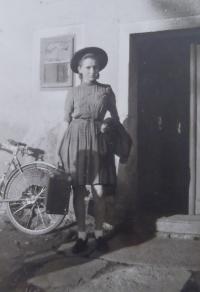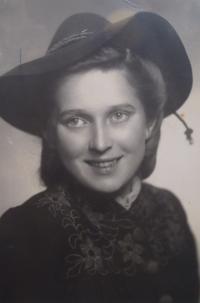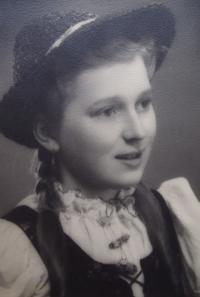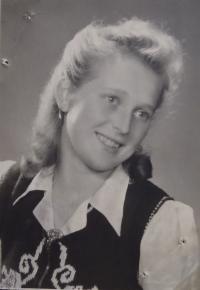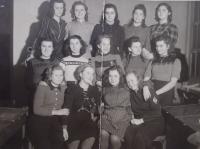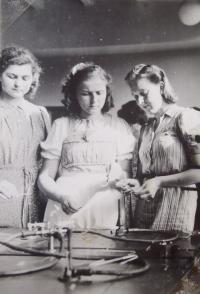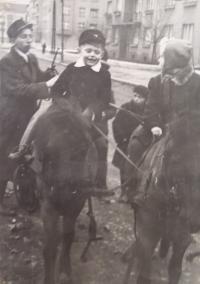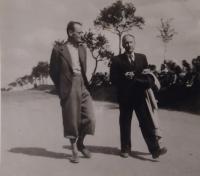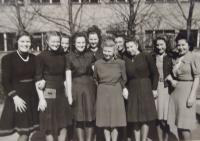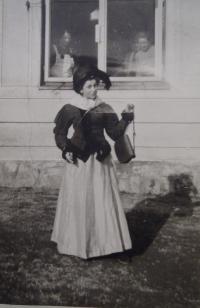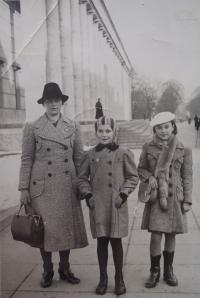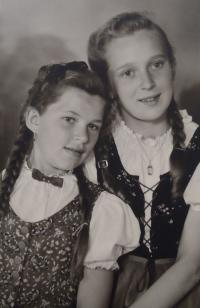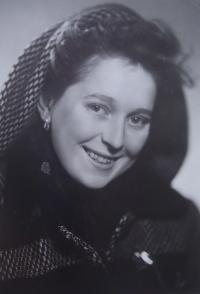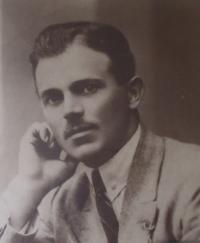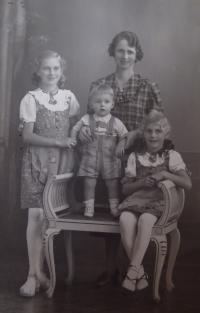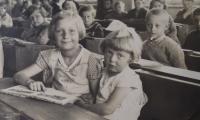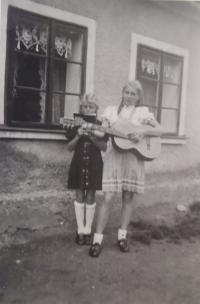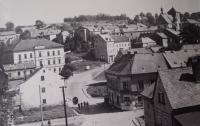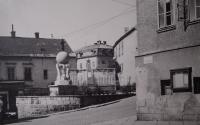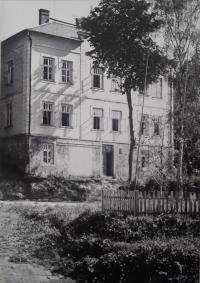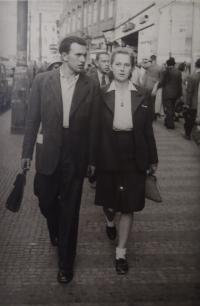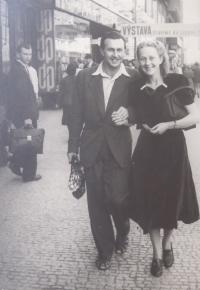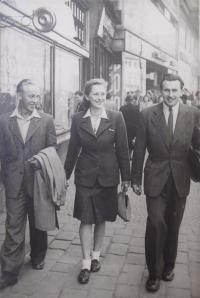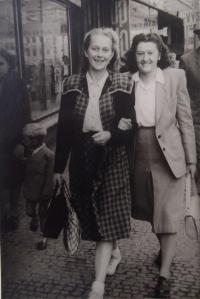We could not even fall in love with my husband
Renata Plášilová, née Sandnerová, was born on 19th February, 1928 in Luby. She spent her childhood in Sudetenland harshly stricken by economic crisis. The father as a musical instrument producer could not get a permanent job for a longer period of time, and the family often moved. Renata wished to become a teacher and during WW2 studied at so called German Pedagogical Institute in Prague. Because she didn’t master the Czech language she could not hold her job after liberation and changed a number of professions, mostly unqualified works. She remained in Czechoslovakia due to the fact her family didn’t have to get displaced for her father´s qualification. She met her future husband during his accompanying and protecting her from other Czechs. At the beginning of 1960s she moved to Děčín and there she found a job in a kindergarten and special schools; during her work she managed to study distantly pedagogics. Her last and most favourable workplace was the children´s home in Česká Kamenice; some of the former kids are still in touch with her today.

